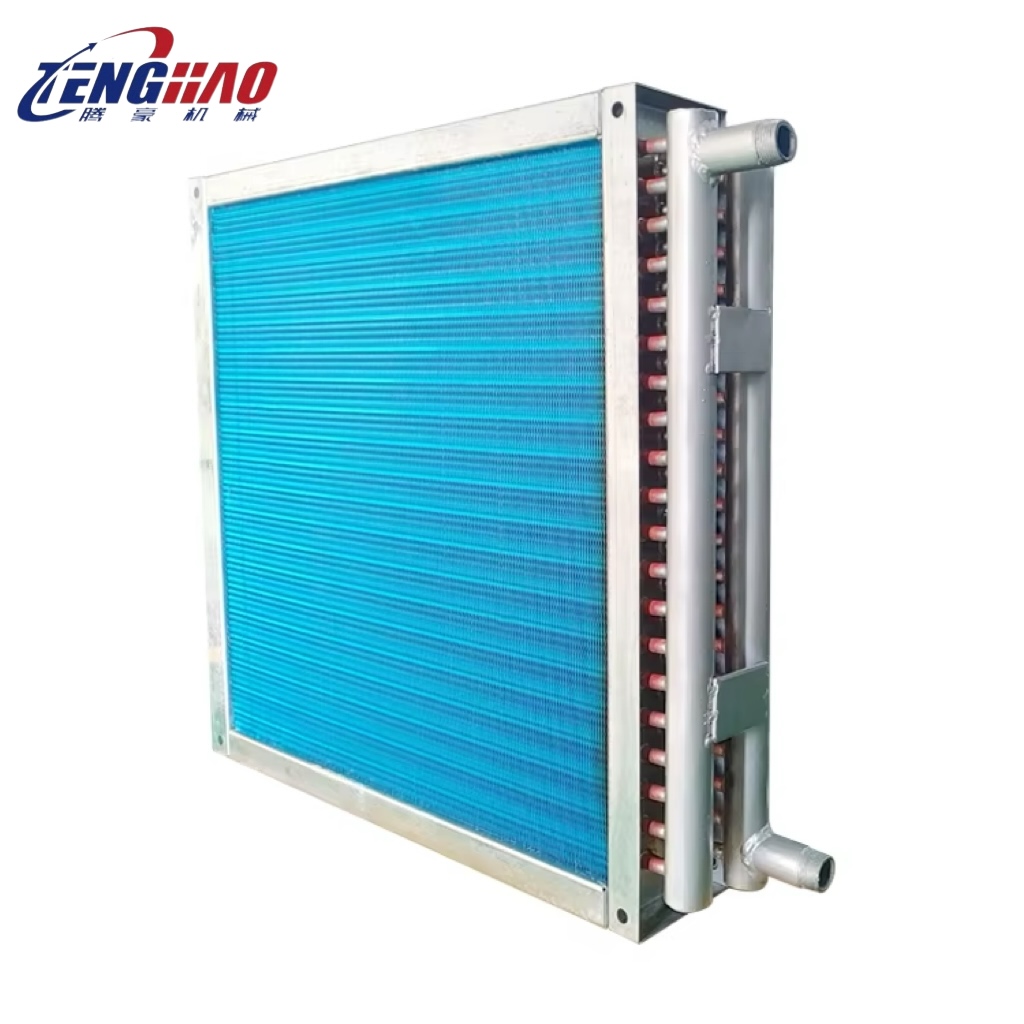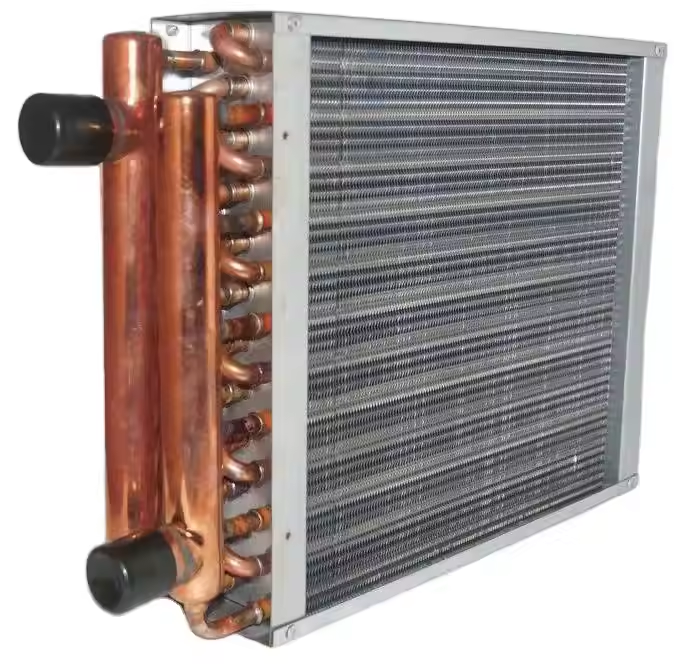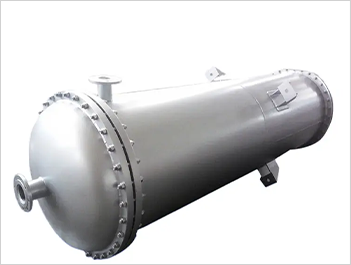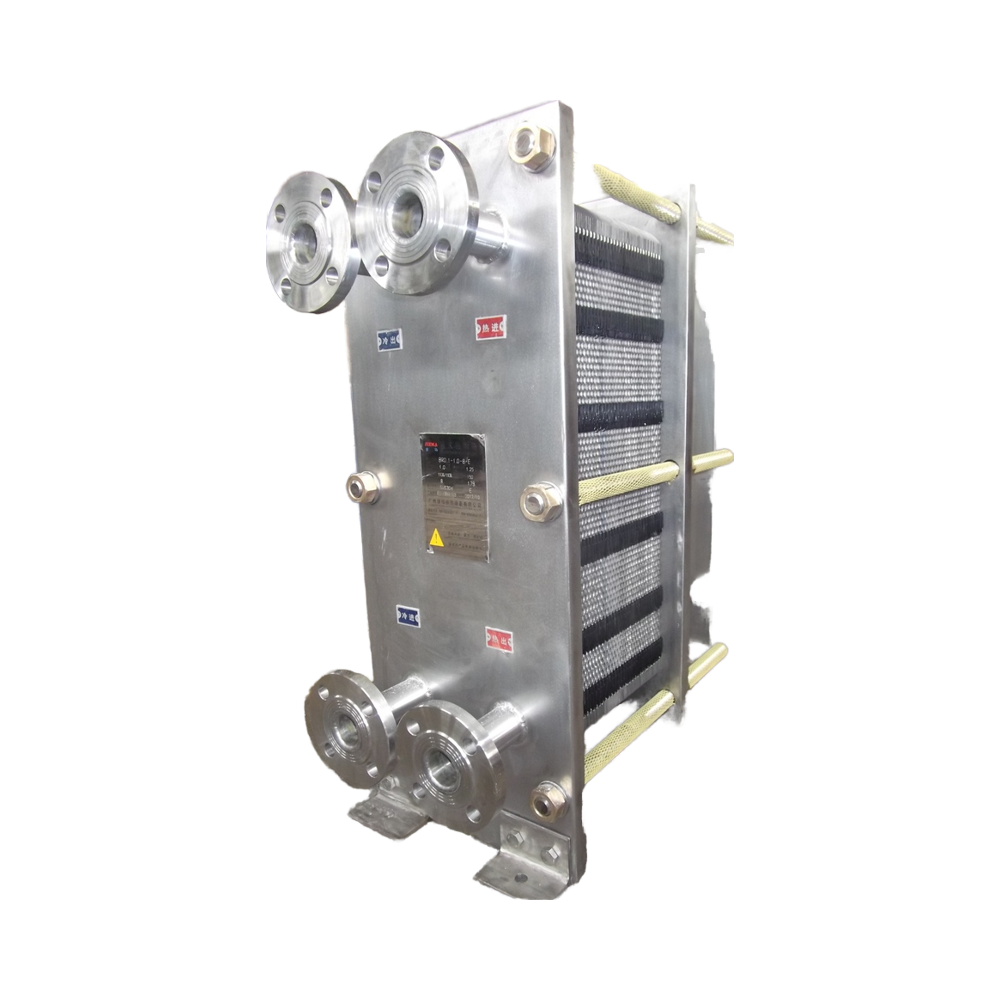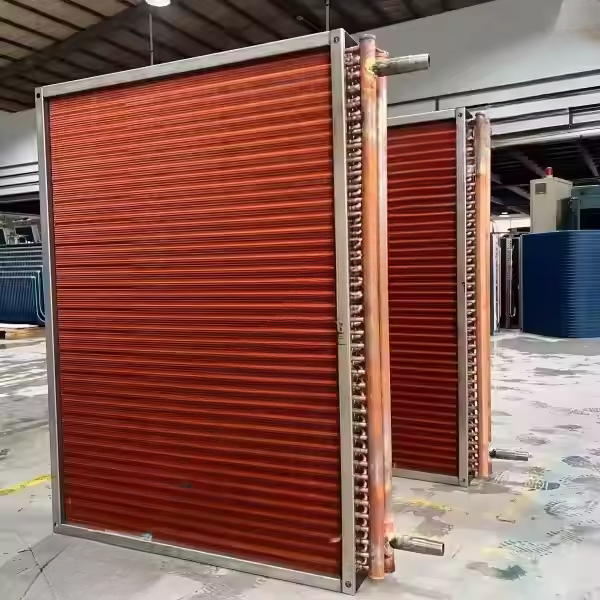In the demanding world of industrial and commercial operations, the reliability of cooling systems is paramount. At the heart of these systems are condensers, and investing in durable condensers is not just a choice but a necessity for ensuring operational continuity and long-term cost savings. Standard units can quickly succumb to wear and tear, especially in corrosive environments, leading to costly downtime and frequent replacements. This is where advanced condenser technology steps in, offering robust solutions designed to withstand the harshest conditions and deliver unwavering performance year after year.
Choosing Corrosion-Resistant Materials for Longevity
The foundation of any long-lasting condenser lies in its construction. The selection of corrosion-resistant materials is the first line of defense against degradation. Premium materials like copper for tubing offer superior thermal conductivity, ensuring efficient heat transfer, while high-grade aluminum fins provide a large surface area for heat dissipation in a lightweight package. For the structural shell, options range from toughened carbon steel to premium 304 or 316 stainless steel, which is essential for environments with high humidity or chemical exposure. By carefully engineering components with these materials, manufacturers achieve exceptional heat exchanger corrosion resistance, creating the backbone of truly corrosion-proof cooling systems that promise an extended service life.
Advanced Condenser Technology for Harsh Environments
Beyond material selection, modern condensers employ sophisticated protective measures to combat corrosion. A key feature of a top-tier corrosion-resistant condenser is the application of specialized epoxy coatings. This protective layer acts as an impermeable barrier against moisture, salt, and industrial chemicals, effectively sealing the vulnerable metal surfaces from aggressive elements. In addition, some systems incorporate sacrificial anodes, which are designed to corrode preferentially, thereby protecting the more critical and expensive components of the condenser. This multi-layered approach to protection is a hallmark of advanced condenser technology, ensuring the unit remains resilient even in the most challenging operational settings, from coastal areas to chemical processing plants.
Specialized Industrial and Marine-Grade Condensers
Different industries present unique challenges, requiring tailored industrial condenser solutions. For sectors like oil and gas, refrigeration, and manufacturing, equipment must perform flawlessly under constant, heavy loads. In coastal or offshore applications, the presence of saltwater spray necessitates equipment built to a higher standard. This is where marine-grade condensers excel. Engineered specifically to combat saline atmospheres, these units combine stainless steel construction with robust epoxy coatings to prevent saltwater-induced corrosion. Their compact footprint, a feature of modern designs, makes them ideal for installations where space is at a premium, such as on ships or offshore platforms, without sacrificing power or durability.
Combining Durability with Peak Efficiency and Customization
Modern engineering ensures that durability does not come at the expense of efficiency. Today's leading industrial condenser solutions are designed to minimize energy consumption, featuring powerful axial fans that deliver exceptional airflow with reduced power usage. Innovations such as optimized fin pitch and anti-vibration baffles further enhance efficiency by minimizing energy waste. Furthermore, these systems are highly adaptable. They can be integrated with Variable Frequency Drives (VFDs) for precise control over fan speed, linked to PLC controls for full automation, and equipped with features like freeze protection for reliable all-season performance. This combination of rugged construction, high efficiency, and custom adaptability provides a comprehensive cooling solution for any modern industry.
Investing in the Future of Cooling
Ultimately, choosing durable condensers is an investment in operational stability and financial prudence. By prioritizing systems built with corrosion-resistant materials, protective coatings, and efficient engineering, businesses can significantly reduce maintenance costs, prevent unexpected failures, and extend the lifespan of their critical cooling infrastructure. These advanced systems not only meet the rigorous demands of modern industry but also align with sustainability goals by reducing energy and water consumption. For any operation looking to optimize performance and protect its bottom line, the path forward is clear: invest in quality, durability, and a future of reliable cooling.

